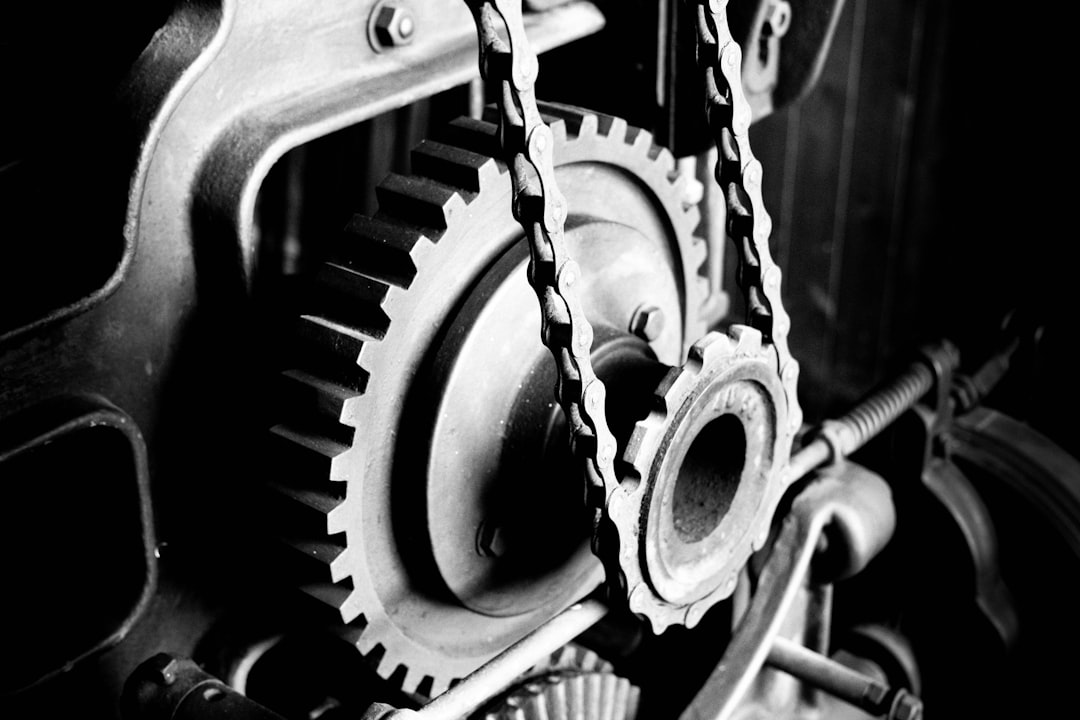Drilling for water is an exciting and relatively challenging business. All you need to do this business are skills and equipment. You also need experience because nothing can take the place of practical equipment in the water drilling business. Below are some things you should be familiar with if you are in the water bore drilling industry.
Survey
You cannot start drilling for water without carrying out a survey of the drilling site first. Water bore drilling is a scientific process and this is why you should take the right steps to ensure success. A survey helps you locate the perfect place to position the drilling machine. This way, you get near-perfect results when you drill.
Sample Drilling
In some cases, you might carry out a process called sample drilling before you get down to work. As the name implies, this form of drilling is just a sample. When you get the right results from sample drilling, you can go right ahead and face the main business of the day.
Drilling for Water
This is the hard work and the duration of this process varies. It can take a few hours under the right conditions. However, this depends on a number of factors. If you are drilling in a rocky area, the job becomes more challenging and is likely to take a longer time. Again, drilling time depends on whether you are drilling a domestic bore hole or an industrial bore hole. The number of hours (or days) you spend drilling depends on factors like soil texture, water table and topography.
Depth of the Bore Hole
The depth of the bore hole depends on a number of factors. In places where the water table is high, you can hit good water at just 21-28 meters. In places where the water table is low, you have to drill 78-102 meters into the ground. There are no hard and fast rule about the depth of the bore hole. The rule is simply this: When you hit aquifer, you stop drilling.
Submersible Pump and Capping
Once you hit good water, the job is almost done. You install the submersible pump, cap the well and you call in a plumber to handle the rest of the work. The plumber takes care of the chamber, installs the overhead tanks and connects the pipes to the building.
Fresh Water or Salt Water
If you are working in an area that has fresh water, you do not need a water treatment plant. An industrial water filter will do. However, in cases where the water is salty, you have to install a water treatment plant to desalinate the water.









